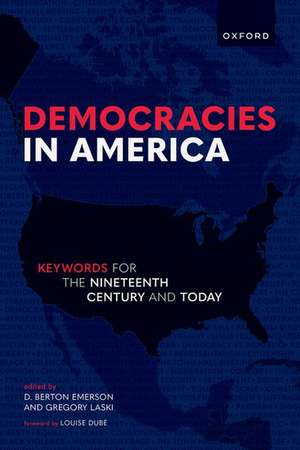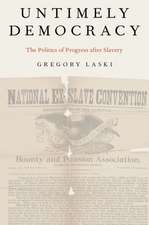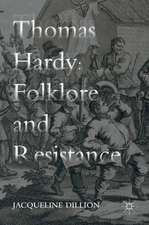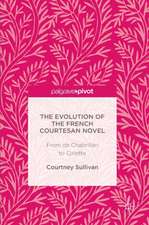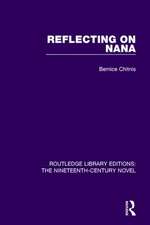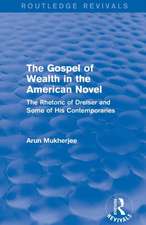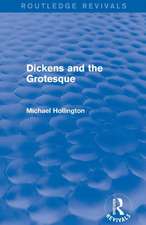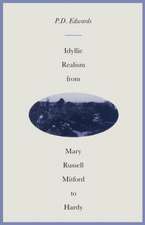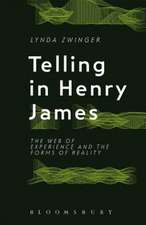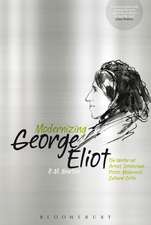Democracies in America: Keywords for the 19th Century and Today
Editat de D. Berton Emerson, Gregory Laskien Limba Engleză Paperback – 3 feb 2023
| Toate formatele și edițiile | Preț | Express |
|---|---|---|
| Paperback (1) | 181.77 lei 10-16 zile | |
| OUP OXFORD – 3 feb 2023 | 181.77 lei 10-16 zile | |
| Hardback (1) | 548.32 lei 10-16 zile | |
| OUP OXFORD – 31 ian 2023 | 548.32 lei 10-16 zile |
Preț: 181.77 lei
Preț vechi: 208.68 lei
-13% Nou
Puncte Express: 273
Preț estimativ în valută:
34.78€ • 36.10$ • 29.07£
34.78€ • 36.10$ • 29.07£
Carte disponibilă
Livrare economică 11-17 februarie
Preluare comenzi: 021 569.72.76
Specificații
ISBN-13: 9780192871879
ISBN-10: 0192871870
Pagini: 336
Dimensiuni: 156 x 234 x 17 mm
Greutate: 0.5 kg
Editura: OUP OXFORD
Colecția OUP Oxford
Locul publicării:Oxford, United Kingdom
ISBN-10: 0192871870
Pagini: 336
Dimensiuni: 156 x 234 x 17 mm
Greutate: 0.5 kg
Editura: OUP OXFORD
Colecția OUP Oxford
Locul publicării:Oxford, United Kingdom
Recenzii
Engaging, conversational, tangible and accessible for readers.
Assembling a diverse array of humanists and social scientists, Emerson and Laski have produced an impressive volume that refines key terms related to democracy in the nineteenth century. Defining concepts from tyranny, disfranchisement, and moderation to equality, citizenship, and public opinion, Democracies in America helps us better understand the struggles the United States continues to face in the 2020s.
The moral and political topography of the United States is rich, varied, and intricate. This volume of key terms is an extraordinary guide through the thicket of American democratic culture. In moving through the vocabulary one discovers more than words—one discovers a way of living, defined as much by common aspirations as by deep differences. Democracies in America is a civic lesson born from what I can only describe as civic affection. An essential text!
This elegant and timely volume explores the historical roots of our current political moment, anchoring the present in the past to open up meaningful conversations about what democratic government means to us today. The essays are engaging, accessible, and challenging. It is a remarkable combination and a remarkable read.
Democracies in America offers a powerful challenge as well as resources to meet it. In the years leading up to the attack on the US Capitol on January 6, 2021, observers the world over discussed how little Americans agree about goals, values, and even about facts. As dissension intensifies, ordinary people (including those who normally declare a lack of interest in politics) see the need to do something, after witnessing not only the violence at the Capitol but also claims that it was a simple 'dust up.' Bringing together rigorous investigations of 25 keywords, editors Bert Emerson and Greg Laski have done a tremendous service. After all, 'language is a crucial, if often neglected, component of civics education.'
Very helpful for anyone who wants to understand democracy better...especially useful for general readers, students, and teachers who think that by studying the past we can better understand the present. That's because Democracies in America tries to bridge the gap between two historical moments when democracy was and is in grave danger: the long 19th century and the early 21st century.
In keeping with the project's avowed aim of serving larger initiatives in civics education and democratic citizenship, the essays are accessible, largely jargon-free, and accompanied by bibliographies of more extensive scholarship on their subjects; as such, the book will serve as an indisputably valuable research tool for any readership from high school onward.
Assembling a diverse array of humanists and social scientists, Emerson and Laski have produced an impressive volume that refines key terms related to democracy in the nineteenth century. Defining concepts from tyranny, disfranchisement, and moderation to equality, citizenship, and public opinion, Democracies in America helps us better understand the struggles the United States continues to face in the 2020s.
The moral and political topography of the United States is rich, varied, and intricate. This volume of key terms is an extraordinary guide through the thicket of American democratic culture. In moving through the vocabulary one discovers more than words—one discovers a way of living, defined as much by common aspirations as by deep differences. Democracies in America is a civic lesson born from what I can only describe as civic affection. An essential text!
This elegant and timely volume explores the historical roots of our current political moment, anchoring the present in the past to open up meaningful conversations about what democratic government means to us today. The essays are engaging, accessible, and challenging. It is a remarkable combination and a remarkable read.
Democracies in America offers a powerful challenge as well as resources to meet it. In the years leading up to the attack on the US Capitol on January 6, 2021, observers the world over discussed how little Americans agree about goals, values, and even about facts. As dissension intensifies, ordinary people (including those who normally declare a lack of interest in politics) see the need to do something, after witnessing not only the violence at the Capitol but also claims that it was a simple 'dust up.' Bringing together rigorous investigations of 25 keywords, editors Bert Emerson and Greg Laski have done a tremendous service. After all, 'language is a crucial, if often neglected, component of civics education.'
Very helpful for anyone who wants to understand democracy better...especially useful for general readers, students, and teachers who think that by studying the past we can better understand the present. That's because Democracies in America tries to bridge the gap between two historical moments when democracy was and is in grave danger: the long 19th century and the early 21st century.
In keeping with the project's avowed aim of serving larger initiatives in civics education and democratic citizenship, the essays are accessible, largely jargon-free, and accompanied by bibliographies of more extensive scholarship on their subjects; as such, the book will serve as an indisputably valuable research tool for any readership from high school onward.
Notă biografică
D. Berton Emerson is Associate Professor of English and Director of the Honors Program at Whitworth University in Spokane, Washington. His writing has appeared in American Literature, ESQ, Nineteenth-Century Literature, and the Los Angeles Review of Books. He has participated at various levels with the work of the Commission on Democratic Citizenship, sponsored by the American Academy of Arts and Sciences, and he is currently working on a book manuscript titled American Literary Misfits: Vernacular Aesthetics and Alternative Democracies, 1830-1860.Gregory Laski is the author of Untimely Democracy: The Politics of Progress after Slavery (OUP 2017), which won the American Literature Association's 2019 Pauline E. Hopkins Society Scholarship Award. Formerly a visiting faculty member at Carnegie Mellon University, he is currently a civilian associate professor of English at the United States Air Force Academy, where he co-founded the American Studies program. He was a Mellon Fellow at the Newberry Library in 2021-22 and is at work on an intellectual history of revenge in the Reconstruction era. He holds a PhD in English from Northwestern University.
